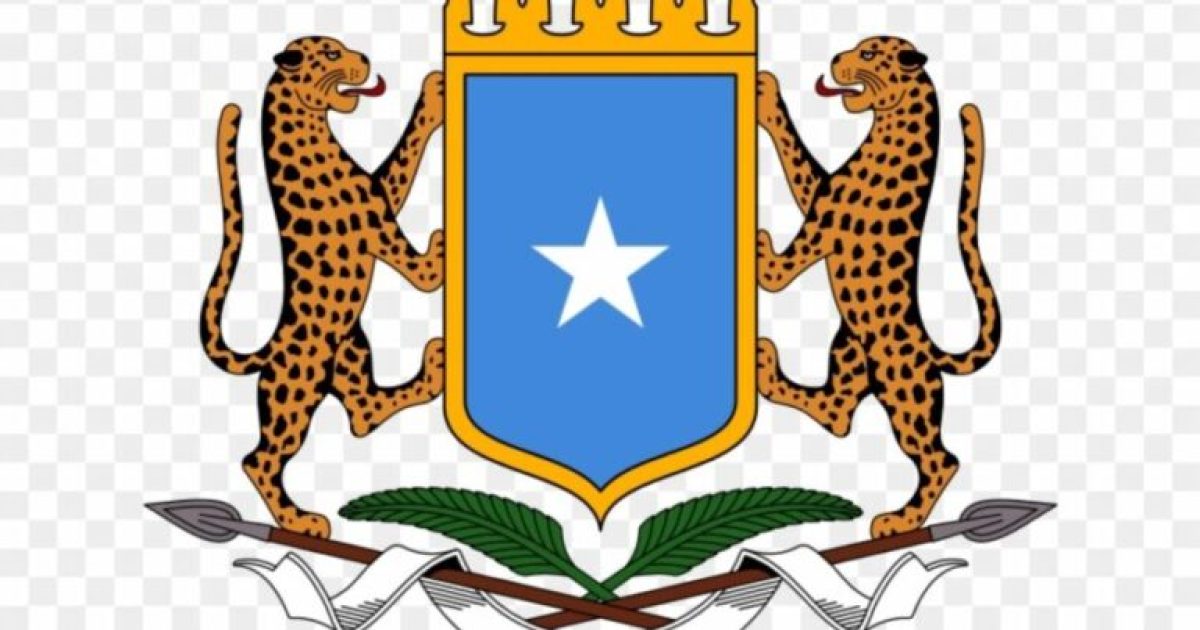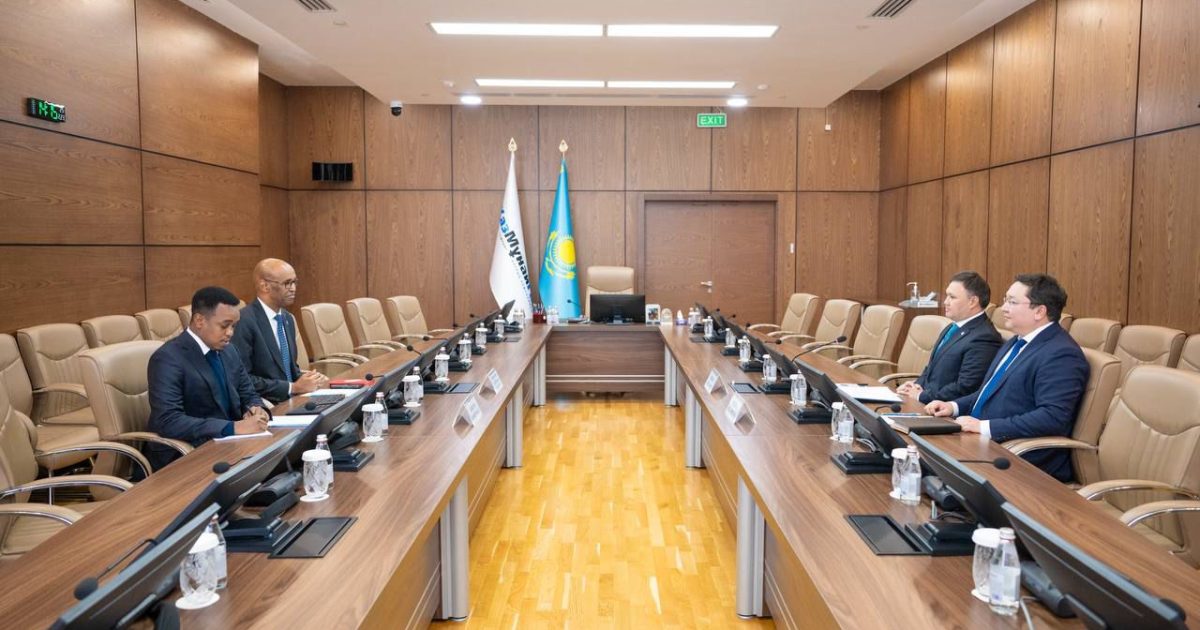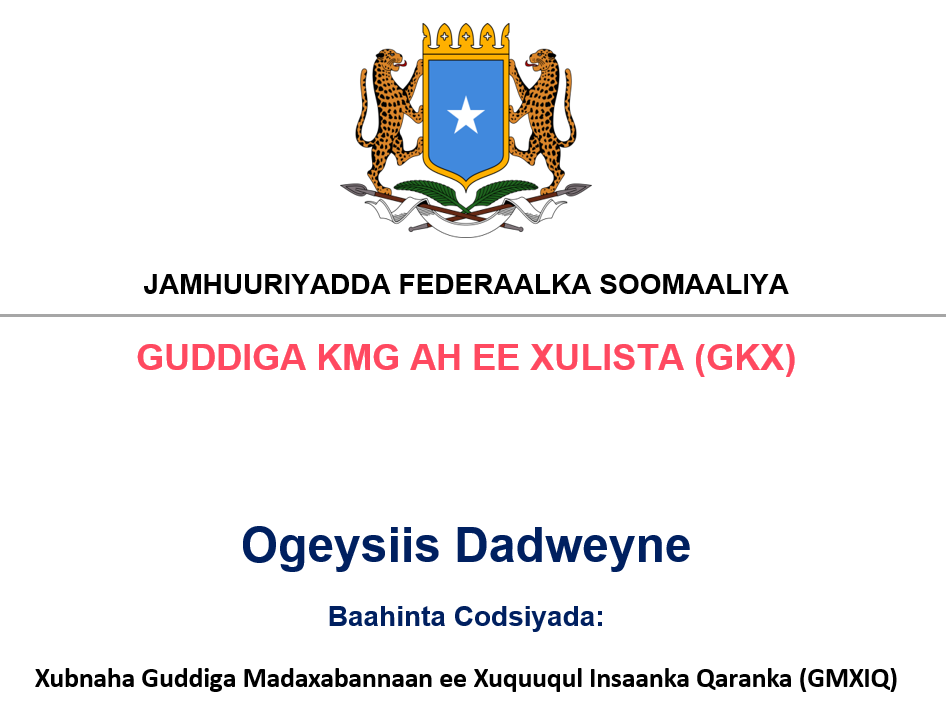Taageerada Turkigu waa mid ka badan inta aan ka og nahay, hay’ada TIKA ayaa wax badan ka qabatay la dagaalanka gaajada, kobcinta waxbarashada, tayaynta caafimaadka, hurumarinta haweenka iyo dhalinyarada, kor u qaadida horumarinta bulshada iyo nabad ku soo dabaalida wadamada Africa,
Si kor loogu qaado horumarka dhaqaale iyo midka nololeed ee wadamada Africa, waxay Turkigu deeq waxbarashi siiyaan kumanaan kun arday Afrikaan ah, kuwaas oo waxbarasho sare iyo mid farsamo u jooga dalka Turkiga .
Waa horumar bulsho oo dhinacyo badan leh, laba cisbitaal oo aad u waaweyn ayay Turkigu ka dhiseen magaalooyinka Muqdisho iyo Nyala.
Iyadoo la soo xiganayo warbixintii Global Humanitarian Assistance Report (2015), Turkigu waxay sanadkii 2014 deeq mucaawino iyo mid horumarineed ku bixiyeen 3.3 billion US Dollar, waxayna tani ka dhigaysaa Turkiga wadanka sedexaad ee caalamka ugu deeq bixinta badnaaday sanadihii 2013 iyo 2014, waxay Turkigu u qabteen Soomaaliya shirar heer wasiir ah iyadoo bisha Febraayo ee sanadka nagu soo aadan ee 2016 la qaban doono shir kale oo heer wasiir ah.
Waxay qaaradda Africa ku leeyihii 39 safaaradood iyo 4 qunsuliyadood, arintaasi waxay ka dambaysay shirkii Turkey-Africa ee la qabtay sanadkii 2008, xiligaas oo safaaradaha Turkigu ku leeyahay Africa ahaayeen 12 safaaradood kaliya, dhinaca wadamada Africa oo iyagu xiligaas ku lahaa Ankara kaliya 10 safaaradood ayaa hada leh 32 safaaradood.
Sidoo kale Turkish Airlines ayaa hada gaarta 40 magaalo oo Africa ah.
Tani waxay muujinaysaa sida dadlka Turkiga ay uga go’an tahay in ay adkeeyaan xiriirka saaxiibnimo ee kala dhaxeeya Africa.
TURKEY IN AFRICA; A HUMANITARIAN APPROACH
Souleiman is a Darfuri young man who had to leave for Khartoum from Darfur in 2004. Sheltering in the outskirts of the capital, he did not have the chance to receive proper schooling. Lacking therefore a vocational skill, he was unemployed for most of the time.
However, in spring 2013, he came to know that there was a vocational training center, established by Turkish Cooperation and Coordination Agency (TİKA) and run in collaboration with the Governorate of Khartoum. He attended a climatization course for six months. Upon completing the training program, he started working at one of the largest air-conditioning firms in the city. He now makes a living for himself and supports his extended family. He is one of over fifteen hundred young men who received vocational training at the TİKA center.
Chagina, widowed with three children in early 2008, had to take over from her late husband the business of selling fish in the local market in Kisumu County, on the shores of Lake Victoria. Lacking the means to pay for the fish, her family had a scanty livelihood. Later, she participated in the project of “Empowerment of Fisher-women in Lake Victoria” initiated by TİKA. In collaboration with the Governorate of Homa Bay and by furthering the previous good practices, TİKA delivered 15 boats and necessary equipment, leading to the employment of 45 local women in fishing in the lake. Chagina was one of them. She now supports her kids and has become an alternative wholesaler for other fellow women, who buy fish to sell in the local markets.
These are only two humble examples of how Turkish development assistance drastically improves the lives of Africans. This humanitarian approach, as one of the fundamental components of Turkey’s foreign policy, has been pursued with determination and success in the continent. Fully conscious of the collective global responsibilities, such as fighting extreme poverty, providing education for all, improving the lives of women and youth, as well as alleviating the challenges in conflict affected areas, Turkey upholds a holistic approach based on a combination of humanitarian and development assistance, without prioritizing either of the two. In this regard, and in line with the needs of the African people themselves, health, education, capacity building, as well as contribution to peace and stability in Africa by participating in UN missions and organizing training programs in the field of security have been designated as priority areas for Turkey.
In the health sector, Turkey not only organizes vocational training programs for African doctors and nurses, but it also provides medical screening and treatment on the ground and provides free treatment for thousands of patients who cannot get medical treatment in local conditions.
In addition, Turkey built two large state-of-the art hospitals in Nyala and Mogadishu, cities plagued with conflict for decades.
When it comes to education, Turkey provides around one thousand scholarships every year for students from Africa. There are currently over five thousand African students in higher education in Turkey. Furthermore, there are several technical training programs undertaken by different Turkish Ministries for African institutions and agencies to expand their capacities. There is no doubt that when they return to their countries, these young alumni, equipped with new skills and knowledge, will contribute to and advance their countries’ economic and social development.
In order to help ensure peace and stability in Africa, Turkey contributes to the United Nations missions deployed in the continent. As of August 2015, Turkey is taking part in seven of the nine existing UN missions in Africa with its police and military officers. In addition, by the end of 2014, military training was provided in Turkey for 2.200 military personnel from African countries. For the period of 2015-2016 we expect to receive more than 1.200 African military personnel for training.
Overall, Turkey disbursed more than 3.3 billion USD development and humanitarian assistance in 2014. As stated in the Global Humanitarian Assistance Report (2015), this outstanding amount of assistance made Turkey the third largest humanitarian assistance provider both in 2013 and 2014. Sub-Saharan Africa’s share in Turkish official aid has also increased significantly in the recent years. According to the OECD data, it has reached 782.7 million USD in 2013, from only 38 million USD in 2010.
That is why Turkey volunteered and was rightfully designated to be the host country of the first ever World Humanitarian Summit in May 2016. Aiming at ensuring further cooperation among and commitment from the international community for alleviating the humanitarian challenges across many regions, particularly Africa, the Summit will be yet another indication of Turkey’s determination in pursuing a leading role in humanitarian field.
Turkey hosted, so far, several regional, continental and international conferences on African matters. As such, during Turkey’s G20 chairmanship in 2015, dialogue between G20 and African countries has become a priority. In this context, the “High Level Conference on Access to Energy in Sub-Saharan Africa” was successfully organized by Turkey on October the 1st, 2015 in Istanbul. We will also be hosting the sixth High Level Partnership Forum on Somalia (HLPF) at Ministerial level in February next year. The meeting, which will be held within the framework of the New Deal Compact, is highly important for Somalia at this critical juncture of the country’s future and also a manifestation of Turkey’s long term commitment to the humanitarian and development challenges in the continent.
Turkey has established strong ties and partnerships in the continent thanks to Turkey-Africa Partnership Summits in 2008 and 2014, as well as significantly increasing its diplomatic presence. Turkey now has 39 Embassies and 4 Consulate Generals in Africa, compared to only 12 Embassies in 2008. This interest has been reciprocated by the African side as well. The number of African Embassies in Ankara, which was only 10 in 2008, has now reached 32, almost tripling in six years. Turkish Airlines flights, reaching more than 40 destinations in 28 African countries, deserves special credit for its significant role in cementing these ties, including at the grass-roots level.
In this overall framework, Turkey, as one of the strategic partners of the continent, is working with its African partners to make further advances in humanitarian and economic development, as well as democracy, good governance and prosperity.
Turkey will remain committed to supporting African nations and institutions in achieving their goals, based on “their” priority areas, which will further consolidate the application of “African solutions to African matters”.













